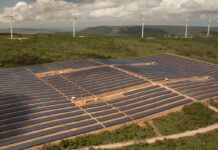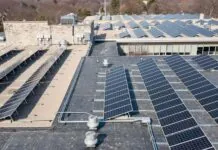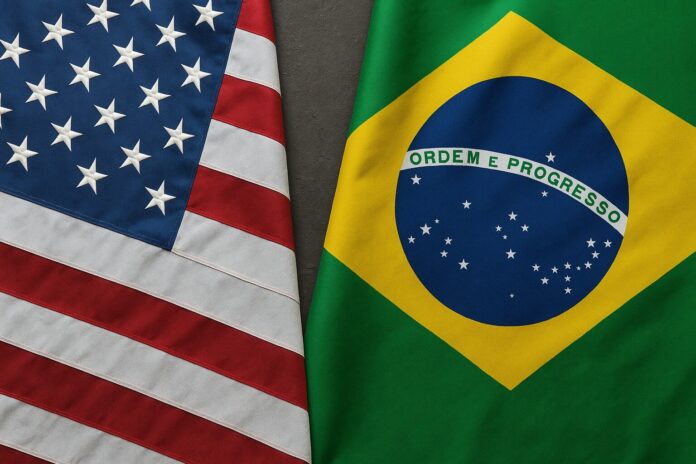
President Donald Trump declared Brazil’s top court actions a direct threat to U.S. sovereignty.
He cited the court’s prosecution of former President Jair Bolsonaro and restrictions on U.S. platforms like X as reasons.
He then signed an executive order imposing a 50% tariff on Brazilian imports, effective August 1, 2025.
The additional 40% tariff is based on a previous 10% rate imposed under the IEEPA. There is also a 25% tariff on steel.
Exemptions include aircraft parts, aluminum, fertilizers, and other essential goods as laid out in the executive order.
That frame defies economic logic. The United States maintained a trade surplus with Brazil in 2024.
Yet Trump treated that relationship as an emergency threat. The official reasoning tied political prosecutions in Brazil to threats to American economic and security interests.
Key Takeaways
- The 50% tariff targets a trading partner with a surplus and yo‑yoing bonds between legal formality and political showmanship.
- Brazilian officials have few options to halt the Bolsonaro prosecution. Yet they can initiate WTO battles and reciprocal tariffs using Brazil’s legislative toolkit.
- Courts have already found parts of Trump’s IEEPA‑based tariff regime unconstitutional. Legal risk remains high as the Brazil case progresses
How Deep Will the Tariff Cut?
| Brazilian Export Sector | Share of U.S. Imports in 2024 | Immediate Exposure |
|---|---|---|
| Crude oil | ~$6.0 billion | High |
| Semi‑manufactured steel | ~$4.9 billion | Moderate |
| Agricultural goods (coffee, pulp, orange juice) | ~$8-9 billion | Moderate to high |
| Aircraft and machinery | Smaller but strategic | Strategic impact |
From January to June 2025, the U.S. imported about $20 billion in goods from Brazil. U.S. oil refiners depend increasingly on Brazilian crude blends.
Steel mills also buy semi-finished products from Brazil. Consumer staples such as coffee, pulp, and juices amount to several billion dollars.
Economic Fallout Both Ways
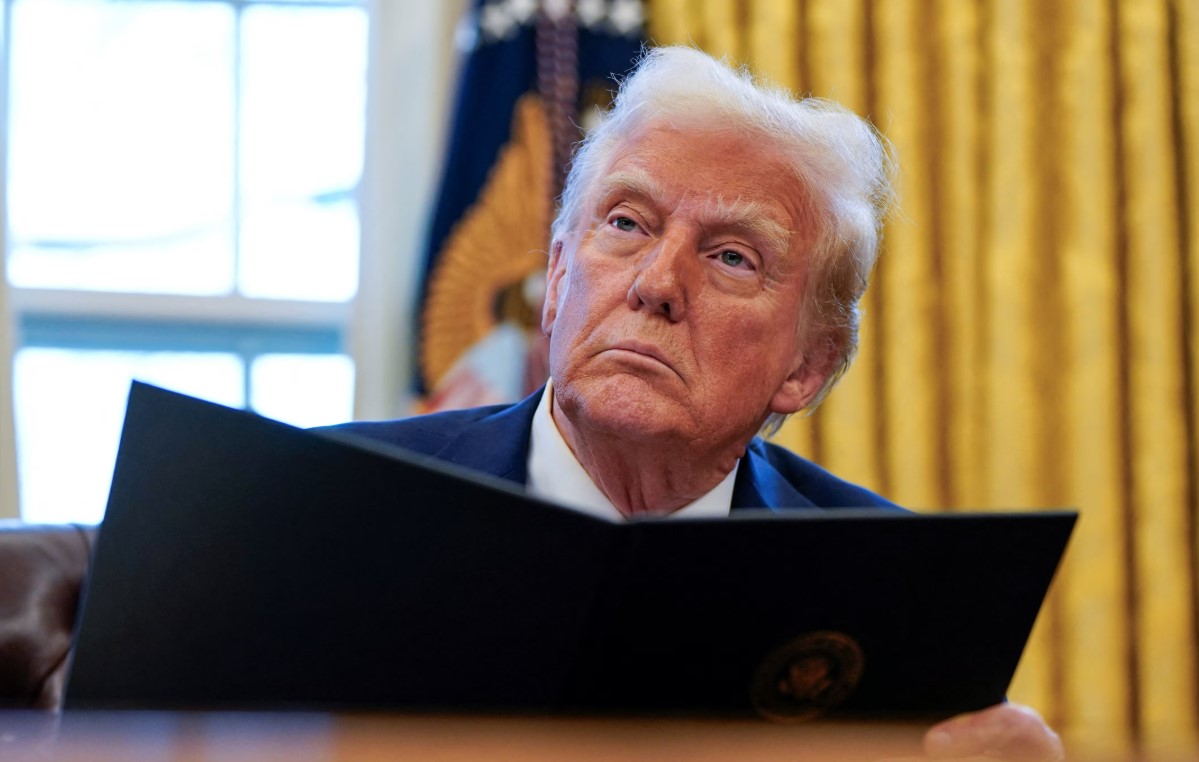
Brazilian growth remains positive but fragile. Economists surveyed by Reuters estimate growth at 2.5% in 2025 but warn of rising inflation pushing above 5% and prompting interest rates near 15%.
U.S. consumers may pay more for coffee and juice. Industry analysts project higher grocery bills and supply chain strain.
Corporate activists warn that businesses’ fear of retaliation discourages confrontation with Trump’s policies.
Legal Red Flags and Growing Backlash
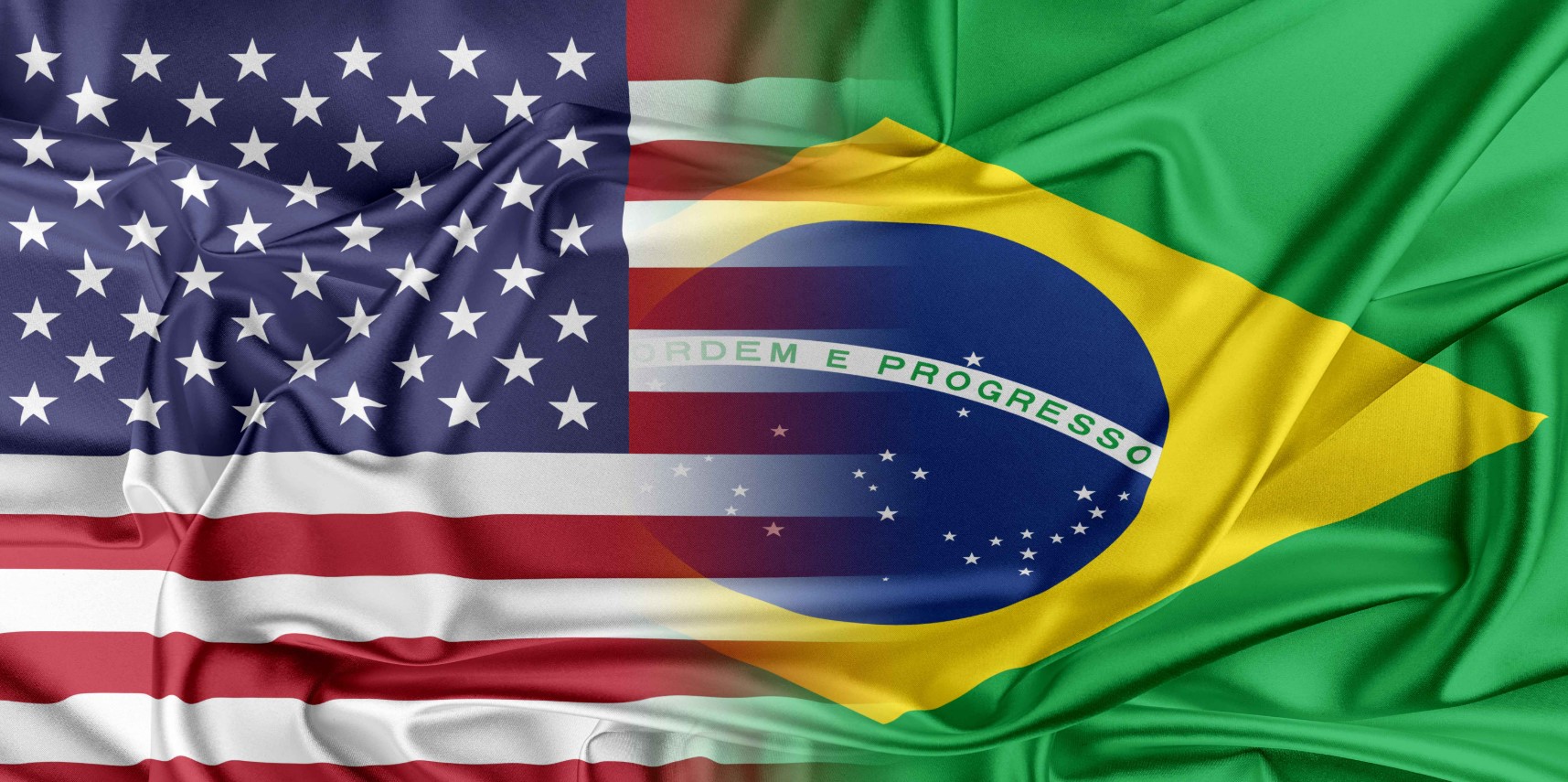
Trump’s legal authority under IEEPA faces court challenges.
In V.O.S. Selections, Inc. v. United States, a federal trade court ruled on May 28, 2025, that those emergency tariffs lacked legal foundation and exceeded presidential authority.
The ruling invalidates a broader set of tariffs imposed under the same logic.
Legal scholars argue that bypassing the legislative process undermines constitutional checks.
Advocates expect the Brazil-specific tariffs to draw similar scrutiny.
The U.S. administration is reportedly seeking Section 301 or Section 232 bases for future tariffs to shore up legal defensibility.
Diplomacy on Fire, Political Gains for Lula
Brazilian President Luiz Inácio Lula da Silva condemned U.S. measures as a violation of national sovereignty.
He invoked Brazil’s new reciprocity law to promise mirrored tariffs on U.S. exports if talks collapsed.
O Brasil é um país soberano e democrático, que respeita os direitos humanos e a independência entre os Poderes. Um país que defende o multilateralismo e a convivência harmoniosa entre as Nações, o que tem garantido a força da nossa economia e a autonomia da nossa política…
— Lula (@LulaOficial) July 30, 2025
On the political front, Lula’s popularity rose in polling after the tariff threats. Critics argue that Trump’s actions invigorated his base by framing external pressure as patriotic aggression.
Bolsonaro supporters welcomed U.S. sanctions on Justice Alexandre de Moraes. Moraes faces penalties under the Global Magnitsky Act for alleged abuses in Bolsonaro’s trial.
The White House justified the sanctions as a defense of free expression and U.S. economic interests abroad.
Military and Strategic Angles
Brazil and U.S. military ties could suffer collateral damage. Defense projects, including Embraer‑Boeing partnerships, might stall under tariff clouds.
Cooperation on Amazon patrols, joint exercises, and technology exchanges may freeze amid diplomatic tension.
The claim that Brazil’s judiciary posed a security threat sounds hyperbolic. Courts cannot deploy missiles.
The logic may backfire by spooking allies and undermining trust in the U.S. commitment to rule‑based norms.
Winner, Loser, Or Both?
Brazil may feel pain in specific sectors. U.S. firms may lose export revenue. Brazilian exporters have begun shifting shipments to China and other markets.
Some silver linings exist for sectors outside U.S. exposure to Brazilian tariffs.
U.S. consumers face higher import prices. Industries relying on Brazilian inputs must brace for cost disruptions.
Legal uncertainty threatens business planning. Trade law experts note that cutting off markets for ideological reasons carries unpredictable consequences.
In military terms, a fractured U.S.‑Brazil relationship limits cooperation on hemispheric security, joint operations, and strategic dialogues on China’s influence in South America.
Tariffs that punish sovereign judicial actions abroad amount to political performance rather than genuine national security defense.
They may rally some domestic supporters, but they risk economic distortion, diplomatic backlash, and legal invalidation.
The U.S. may end up weaker diplomatically and poorer economically if political drama replaces prudent policy.



